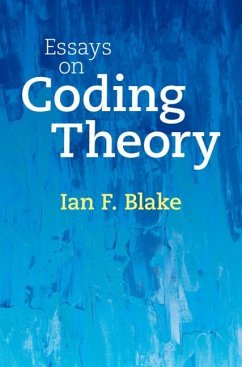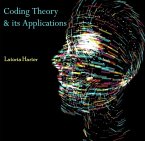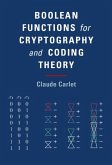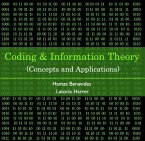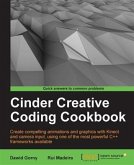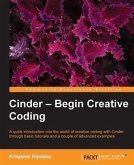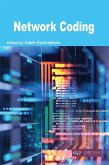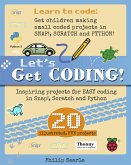Critical coding techniques have developed over the past few decades for data storage, retrieval and transmission systems, significantly mitigating costs for governments and corporations that maintain server systems containing large amounts of data. This book surveys the basic ideas of these coding techniques, which tend not to be covered in the graduate curricula, including pointers to further reading. Written in an informal style, it avoids detailed coverage of proofs, making it an ideal refresher or brief introduction for students and researchers in academia and industry who may not have the time to commit to understanding them deeply. Topics covered include fountain codes designed for large file downloads; LDPC and polar codes for error correction; network, rank metric, and subspace codes for the transmission of data through networks; post-quantum computing; and quantum error correction. Readers are assumed to have taken basic courses on algebraic coding and information theory.
Dieser Download kann aus rechtlichen Gründen nur mit Rechnungsadresse in A, B, BG, CY, CZ, D, DK, EW, E, FIN, F, GR, HR, H, IRL, I, LT, L, LR, M, NL, PL, P, R, S, SLO, SK ausgeliefert werden.

